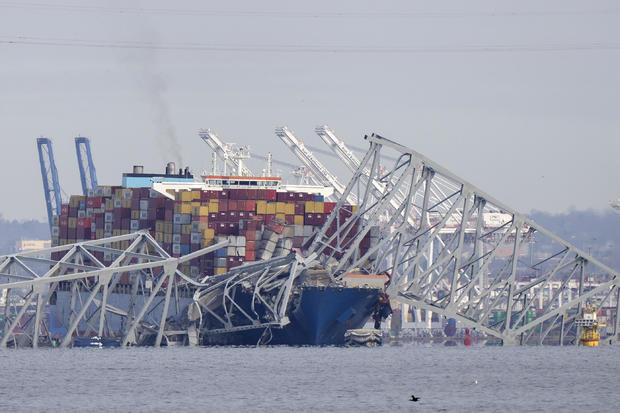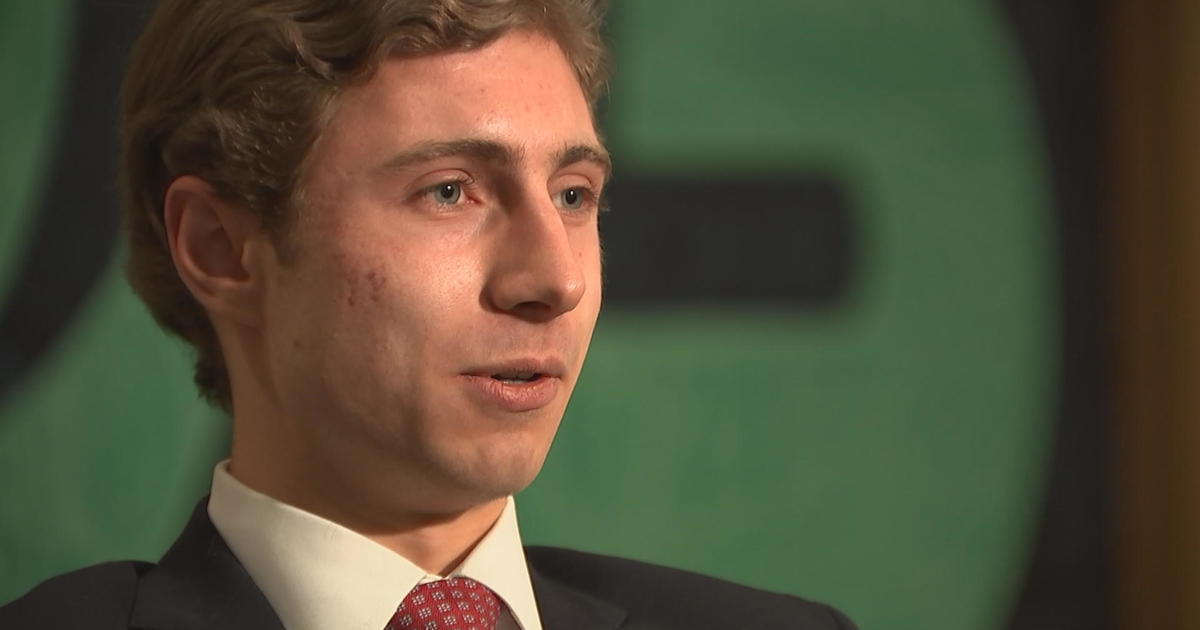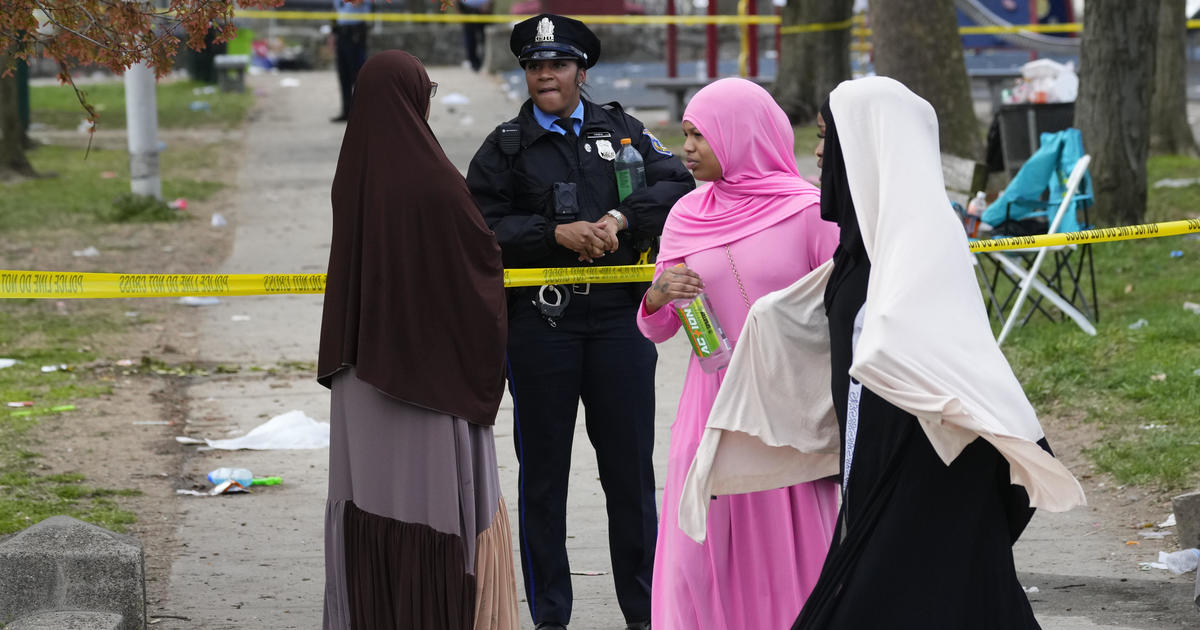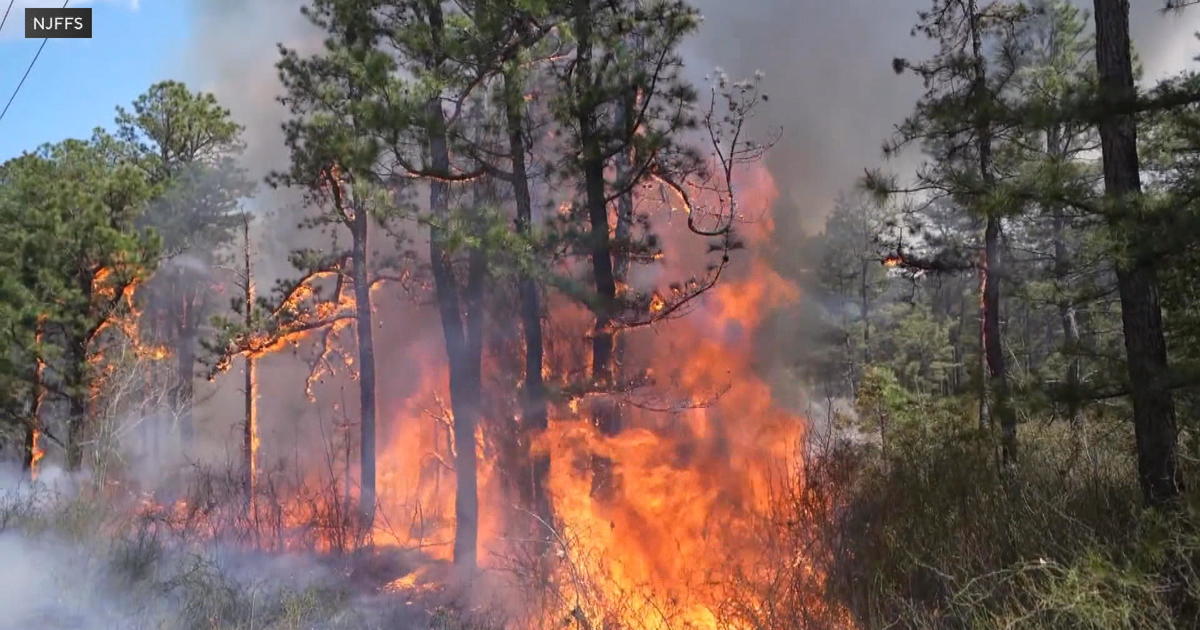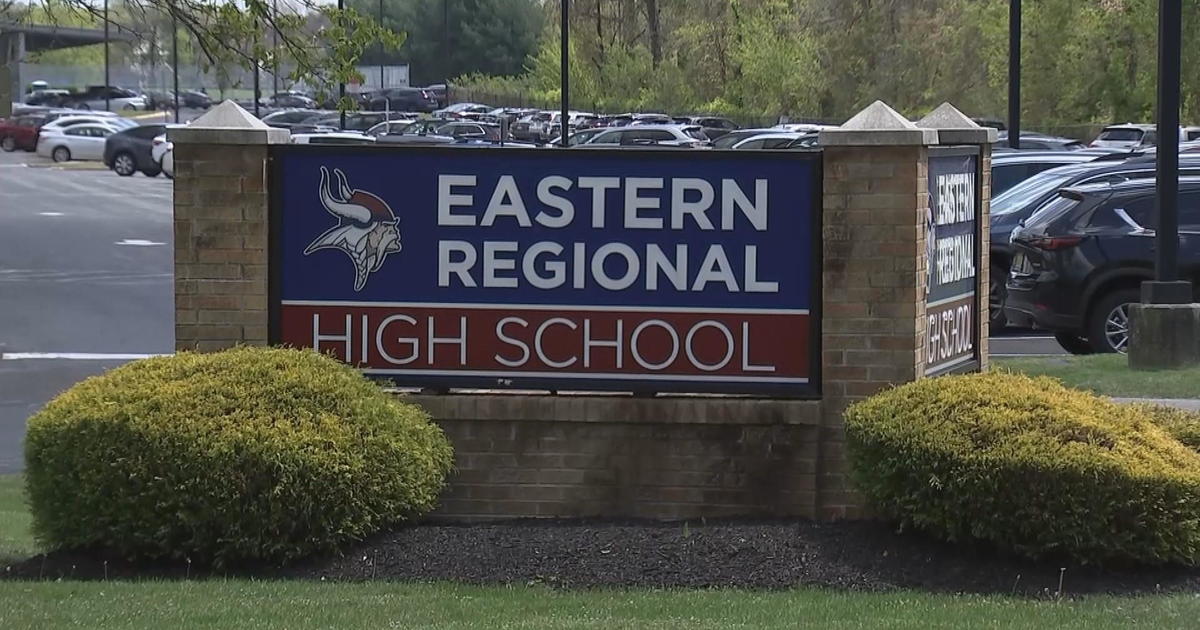After Baltimore bridge collapse, the next few weeks will be challenging for supply chains, Temple professor says
PHILADELPHIA (CBS) -- The collapse of the Francis Scott Key Bridge in Baltimore Tuesday morning is sending shockwaves throughout the local community, and across shipping sectors.
"We should be able to handle that in a few weeks, but the next few weeks will be very, very challenging," Temple University professor Subodha Kumar said.
Baltimore is one of the major ports on the eastern seaboard and, according to Kumar, is a major home for automotive and farming supplies. Right now, no ships can get into the harbor after the collapse, and much of the product already in the port cannot get out.
Kumar said that means current stock and future shipments will have to be diverted to other nearby ports, including here in Philadelphia.
"We will see some diversion to Philly, but not too much," Kumar said. "Philly can handle only some of them because Philly still has very limited capacity."
PhilaPort posted on social media that it's monitoring the situation after the bridge collapsed.
"The maritime community will naturally work to assist the Port of Baltimore in any way," the port posted on X.
Kumar said Philly's proximity to Baltimore makes it a natural choice to move products already stored in the port by truck or rail. Other options include ports in New York, Virginia, and even as far as the West Coast.
While people may not notice the behind-the-scenes shipping struggle, Kumar said there are some things they'll see.
"Another thing we may see [is a] little price increase as well for some of the items because a lot of farm items are getting stuck there as well," Kumar said.
Another impact could be delays in packages moving along the east coast.
"Traffic getting disrupted means the items will be coming late, a lot in Philadelphia and nearby. The whole east coast region," Kumar said.
And experts believe it'll take some time before the port can be reopened, and even longer until the bridge can be rebuilt.
"Week, two weeks, three weeks to get an open navigational channel shouldn't be that difficult," said Michael Chajes, who is a professor of civil and environmental engineering at the University of Delaware. "But rebuilding this bridge, you can't build a bridge of this span in matters of weeks. You're talking years to get this thing up."
Chajes spoke to CBS News Philadelphia last June after I-95 collapsed. While Chajes said there are some similarities between the two failures, there is one major difference that will make things more difficult in Baltimore.
"At I-95, that very unique solution where you could actually fill in under it while you were building it and get it back online really quickly in under 2 weeks, there's no way you can fill in the harbor with soil and build the bridge," Chajes said.
Baltimore bridge collapse
The Francis Scott Key Bridge over the Patapsco River in Baltimore collapsed early Tuesday morning after a column was struck by a container ship bound for Sri Lanka.
When the bridge collapsed, residents in Baltimore reported hearing a sound like thunder and a feeling like an earthquake that shook their houses.
CBS News Senior Transportation Correspondent Kris Van Cleave said the Port of Baltimore is the nation's ninth most active port and also includes a cruise terminal.
It's not clear how active the port can be after the collapse. Debris from the bridge and the ship, Dali, is at least partially closing off access to the Chesapeake Bay.
Maps of the area, like in the Instagram Reel above from CBS News, show there was no way for ships to reach the Chesapeake Bay without going under the Francis Scott Key Bridge.
About 52.3 million tons of foreign cargo and 11.7 tons of general cargo went through the Port of Baltimore in 2023, a record, according to Maryland Gov. Wes Moore's office.
